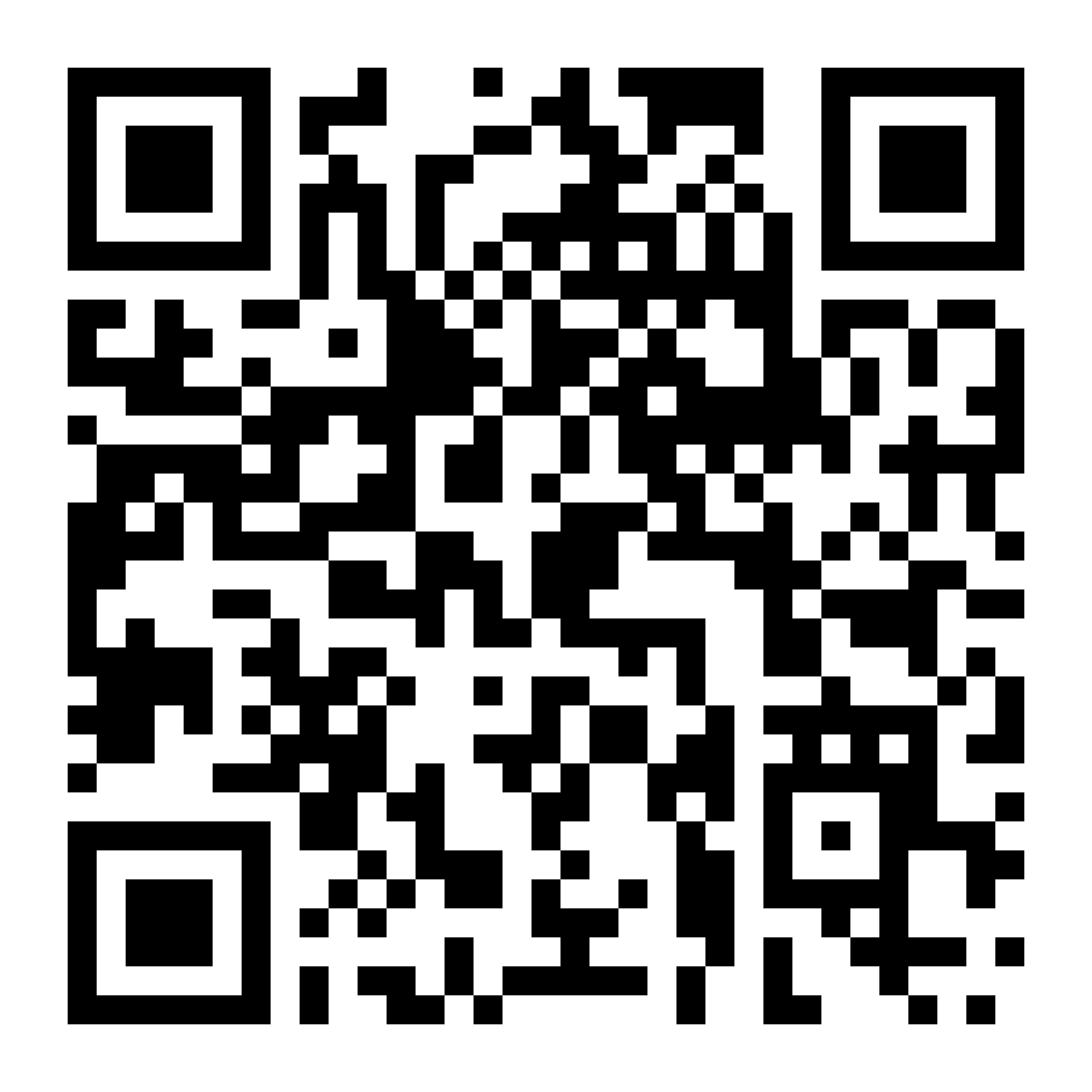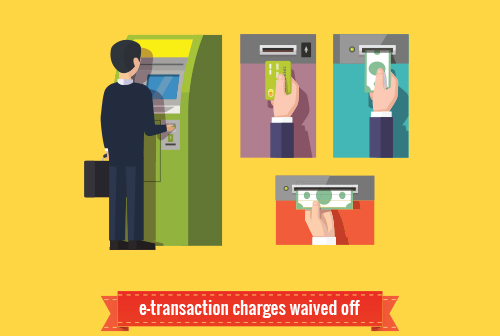Download the
Paisabazaar app Today!
Paisabazaar app Today!
Get instant access to loans, credit cards, and financial tools — all in one place
Our Advisors are available 7 days a week, 9:30 am - 6:30 pm to assist you with the best offers or help resolve any queries.
 Get the App
Get the App

Get instant access to loans, credit cards, and financial tools — all in one place

Scan to download on


This decision came after the PM’s meeting with the bureaucrats and RBI officers to address the problems caused by demonetization of Rs 500 and Rs 1,000 notes. Apart from waiving off additional charges, the government has also extended the use of old currency notes from Monday to 24th November for paying utility bills.
A couple of other decisions were also taken to speed up the disbursement of cash in rural areas: